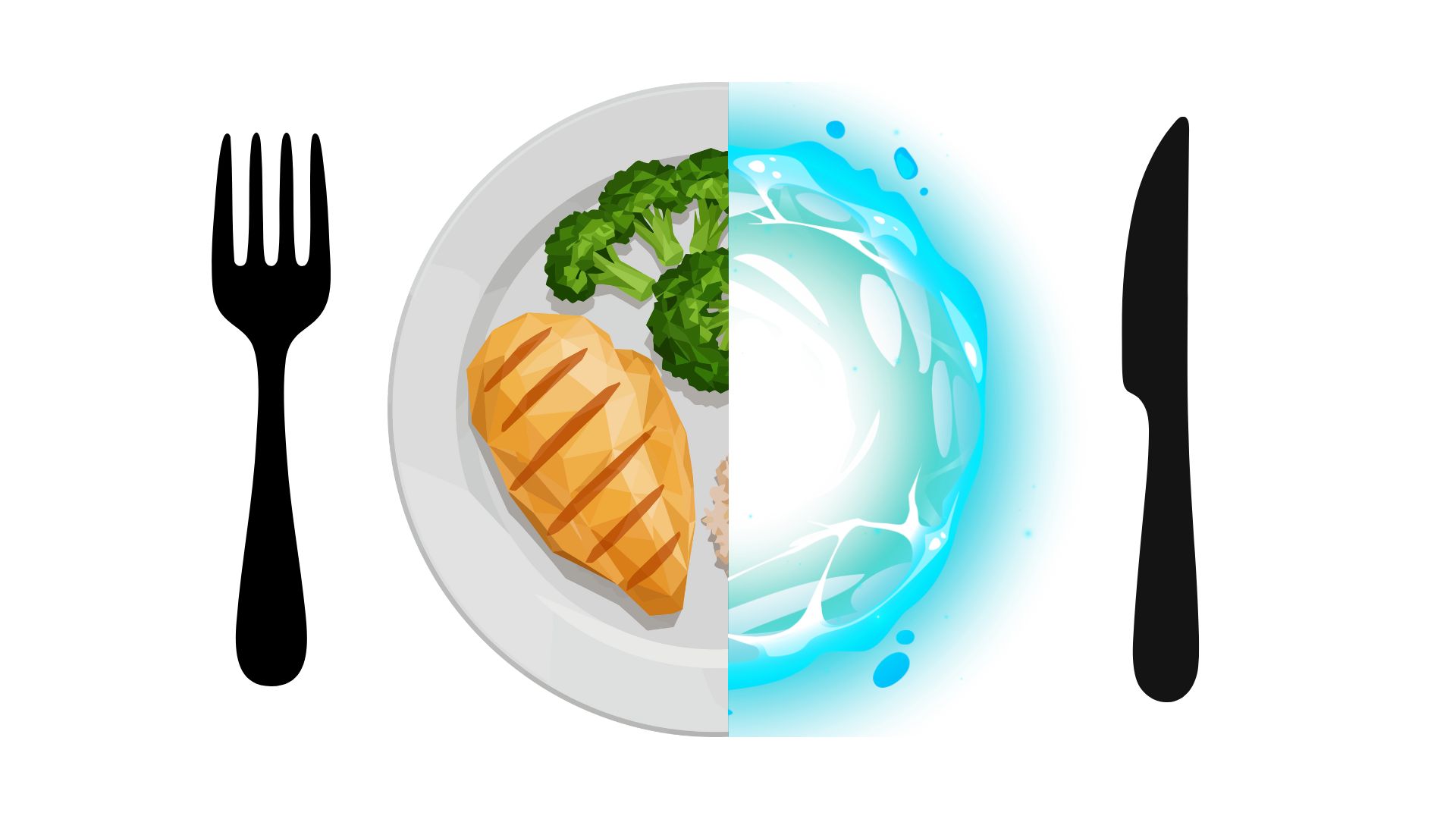Commentary
Saving Our Turtle Neighbors

Editor’s note: This is one in a continuing series of guest opinions about fostering environmental stewardship. The series is coordinated by ACES, the Alliance of Climate and Environmental Stewards.
For many of us, thinking about the threats to our wildlife and ecosystems can be overwhelming. It might feel like the momentum is too great, that we can’t change the direction we’re heading in. But that’s not the case.
I’m writing today to let you know about an easy, rewarding way for you to make a very big impact. It’s not difficult or costly, and it happens locally, maybe in your own backyard.
Ready? Here it comes … you can help by taking care of the turtles who live in your neighborhood.
Newburyport and surrounding towns are hotspots for turtles crossing roads. We’ve got fantastic habitat and a healthy respect for wildlife here. Our turtle populations are certainly threatened, but they are in better shape than many. We can keep it that way, and we should.
Why? Protecting turtles is a big win. Turtles play a significant role in keeping our water clean and our wetlands healthy.
Our Eastern painted turtles are studied by researchers all over the world because of their potential to teach us how to keep someone alive in the aftermath of a heart attack or stroke.
These interesting, beautiful creatures also deserve our respect just for being what they are, regardless of what they do for us.
The life strategy of turtles is completely different from many of the mammals we are familiar with. They are built to live very long lives and are slow to reproduce. The dead turtle you see in the road may never be replaced by another turtle. Take a moment to think about that.
How can you help? Easy! Look out for them while driving, especially in May and June. Move a turtle across the road in the direction it is heading when it is safe for you to do so. and absolutely, contact a licensed wildlife rehabilitation organization like Turtle Rescue League (turtlerescueleague.org) when you find an injured turtle.
With proper treatment, turtles often survive injuries that make their finders think “there is no way in the world this turtle is going to make it.”
These are things we can all do. They are easy, they will make you feel good, and they are a tremendous “bang for the buck” as saving a single turtle is an enormous benefit to that turtle’s entire population.
This letter also serves as an announcement that Turtle Rescue League is launching our Guardians Program, right here in Greater Newburyport. With ACES, we’ll educate members and the community and coordinate efforts to maximize our impact protecting turtles.
If you’re interested in learning about the many ways we can help our turtles, once a year or all the time, I urge you to contact us today at guardians@turtlerescueleague.org. We want you, no matter your age, experience or skills, and you don’t need to live next to a wetland. I sincerely look forward to growing this program with you.
Right now, a new generation of turtles are hatching from their eggs. Perfect timing for us humans to start a new generation of Turtle Guardians, too. Join us to protect our turtle neighbors.
To finish, some amazing people need to be thanked. They have helped many, many turtles this year. David, Trey and Toby Scott of Boxford; Pam, Jason and Jerry Koen in West Newbury; and Mark Marroni of North Andover all deserve our thanks when we enjoy a clean drink of water, a walk on a wetlands trail, or a moment enjoying the company of a turtle basking nearby on a log. Thank you!
.svg)



.jpg)
.jpg)
